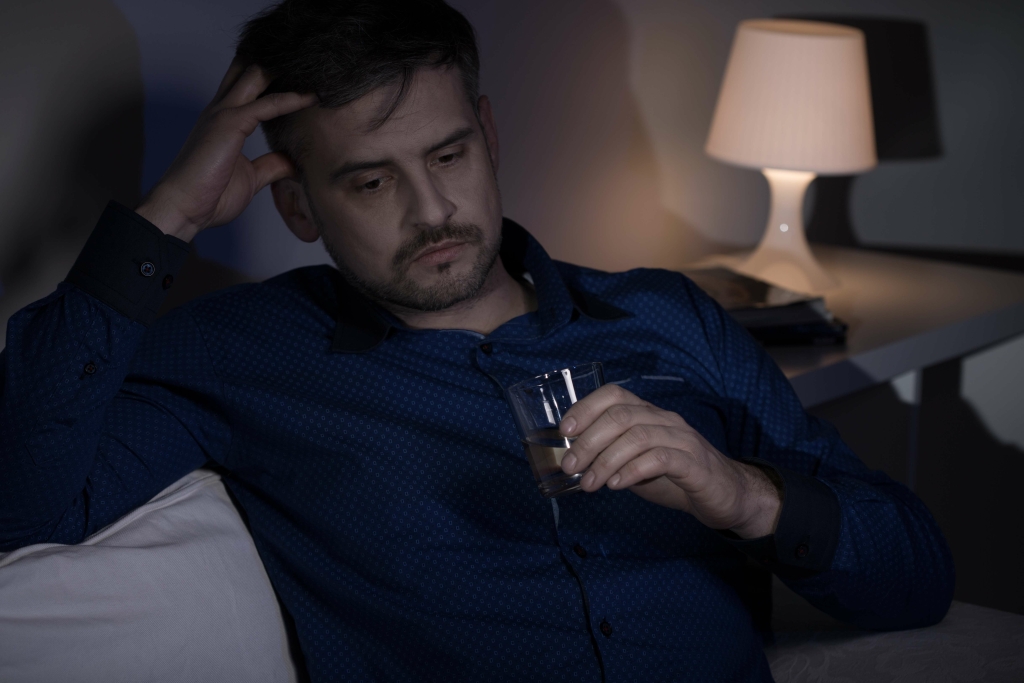In addition to professionally led treatment, many people benefit from mutual support groups. Groups can vary widely, so it’s important to try different ones to find a good fit. It is your choice to continue drinking but if you have decided to stop, you have come to the right place. By completing these exercises you will learn the alcoholism rehab skills necessary to stay sober, but you need to work all of them to maintain your sobriety.
These new behaviors may seem unnatural for you at first, but you must do them all. If you leave one of the tools out, your chances of recovery significantly decrease. “We don’t know if it’s going to reverse the damage to the brain, because Alzheimer’s, the underlying alcoholism treatment program cause, is still occurring,” Rezai said. “So we have another study that we’re looking at with ultrasound. First, clear the plaques, then deliver ultrasound in a different dose to see now if we can reverse it or boost the brain more for people with Alzheimer’s.”
Which is the most successful type of treatment for AUD?
Individuals are advised to talk to their doctors about the best form of primary treatment. Ultimately, there is no one-size-fits-all solution, and what may work for one person may not be a good fit for someone else. Simply understanding the different options can be an important first step.
- Psychologists specialize in the assessment, diagnosis, and treatment of mental health conditions, SUD, and addiction.
- Alcoholics Anonymous (AA) and other 12-step programs provide peer support for people quitting or cutting back on their drinking.
- Also check to ensure that the program is run by licensed, well-trained mental health professionals and addiction specialists.
- Many outpatient options allow people to maintain their regular routines and their privacy, too, if desired.
- Some people require longer stays of 6–12 months at facilities known as therapeutic communities (TCs), which provide structured programming and offer assistance with reintegration into their community.
Combined with treatment led by health professionals, mutual-support groups can offer a valuable added layer of support. Residential treatment programs typically include licensed alcohol and drug counselors, social workers, nurses, doctors, and others with expertise and experience in treating alcohol use disorder. Treatment for alcohol use disorder can vary, depending on your needs. Treatment may involve a brief intervention, individual or group counseling, an outpatient program, or a residential inpatient stay. Working to stop alcohol use to improve quality of life is the main treatment goal.
Bills prompted by Post investigation could provide crucial information about addiction treatment centers
The good news is that no matter how severe the problem may seem, most people with AUD can benefit from some form of treatment. Alcohol-related problems—which result from drinking too much, too fast, or too often—are among the most significant public health issues in the United States. For more information about treatment options, see NIAAA’s Treatment for Alcohol Problems booklet. People often think there are only two places to get help for alcohol problems—Alcoholics Anonymous (AA) or residential rehab. Unlike many other resources you may find online, the Navigator has no commercial sponsors.
- Art and music are mediums of creative expression which can enhance the recovery process.
- In other cases, medication is used to help reduce cravings, ease withdrawal symptoms, and help prevent relapse.
- Inpatient alcohol rehab may vary in duration, sometimes consisting of short stays of 3–6 weeks, which may or may not be followed by attendance at an outpatient rehab.
- This is a place where you can be honest about your substance use and what you want to do about it.
If your provider suspects that you have a problem with alcohol, you may be referred to a mental health provider. Some studies indicate that inpatient treatment leads to better short-term abstinence rates than outpatient, but that advantage may reduce over time. People in inpatient programs may also be more likely to complete treatment.
Solr Mobile Search
Confidential help for employees and their families to resolve substance misuse and drug testing issues. If you suspect that someone may be experiencing an alcohol overdose, call 911 immediately. Addiction medicine is about more than just clinical care — it’s about acceptance and understanding. This is a place where you can be honest about your substance use and what you want to do about it.
This allows you to maintain more daily independence and gives you an opportunity to practice your newly learned coping skills in your home environment. However, you won’t have constant access to staff members for support. Based on clinical experience, many health providers believe that support from friends and family members is important in overcoming alcohol problems. But friends and family may feel unsure about how best to provide the support needed. The groups for family and friends listed below may be a good starting point. When seeking professional help, it is important that you feel respected and understood and that you have a feeling of trust that this person, group, or organization can help you.
You get to maintain more of your typical daily routine, whether that involves work or school, but you still benefit from regular, structured support. You can also receive quick referrals to psychiatric and medical services as needed. Remember that changing deep habits is hard, takes time, and requires repeated efforts.

That information, the Post found, could have helped vulnerable patients stay out of settings where risks of falling back into substance use were high. An inpatient or outpatient rehab program for alcoholism will offer a variety of treatment therapy options. The following is an overview of the most popular methods for treatment which you may encounter at a rehab facility. Should your risk of severe or complicated alcohol withdrawal be significant at the point of your initial assessment, your first stage of inpatient alcohol treatment may include a supervised medical detox. Inpatient programs that provide their costs online list prices ranging between $2,000 and $40,000.